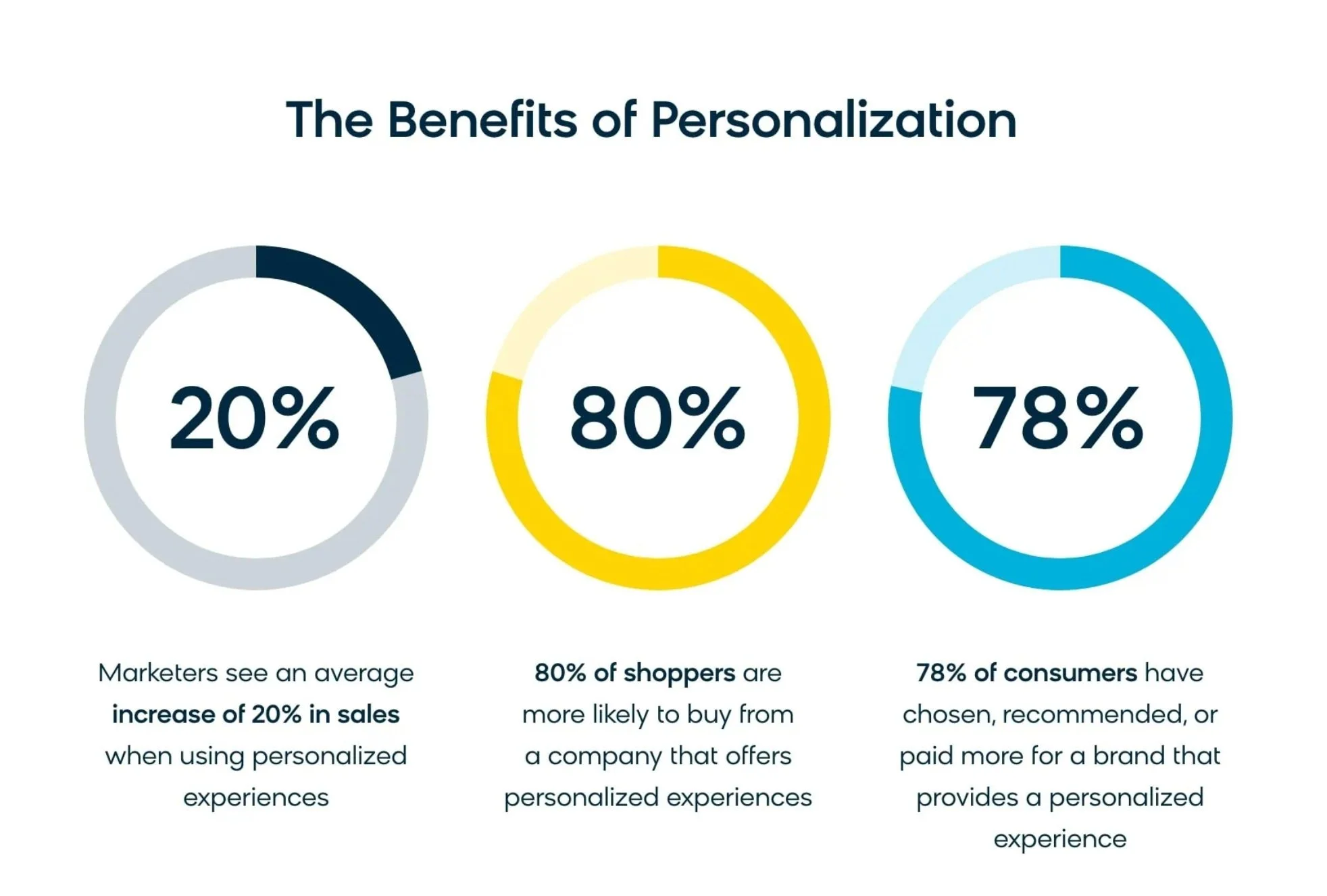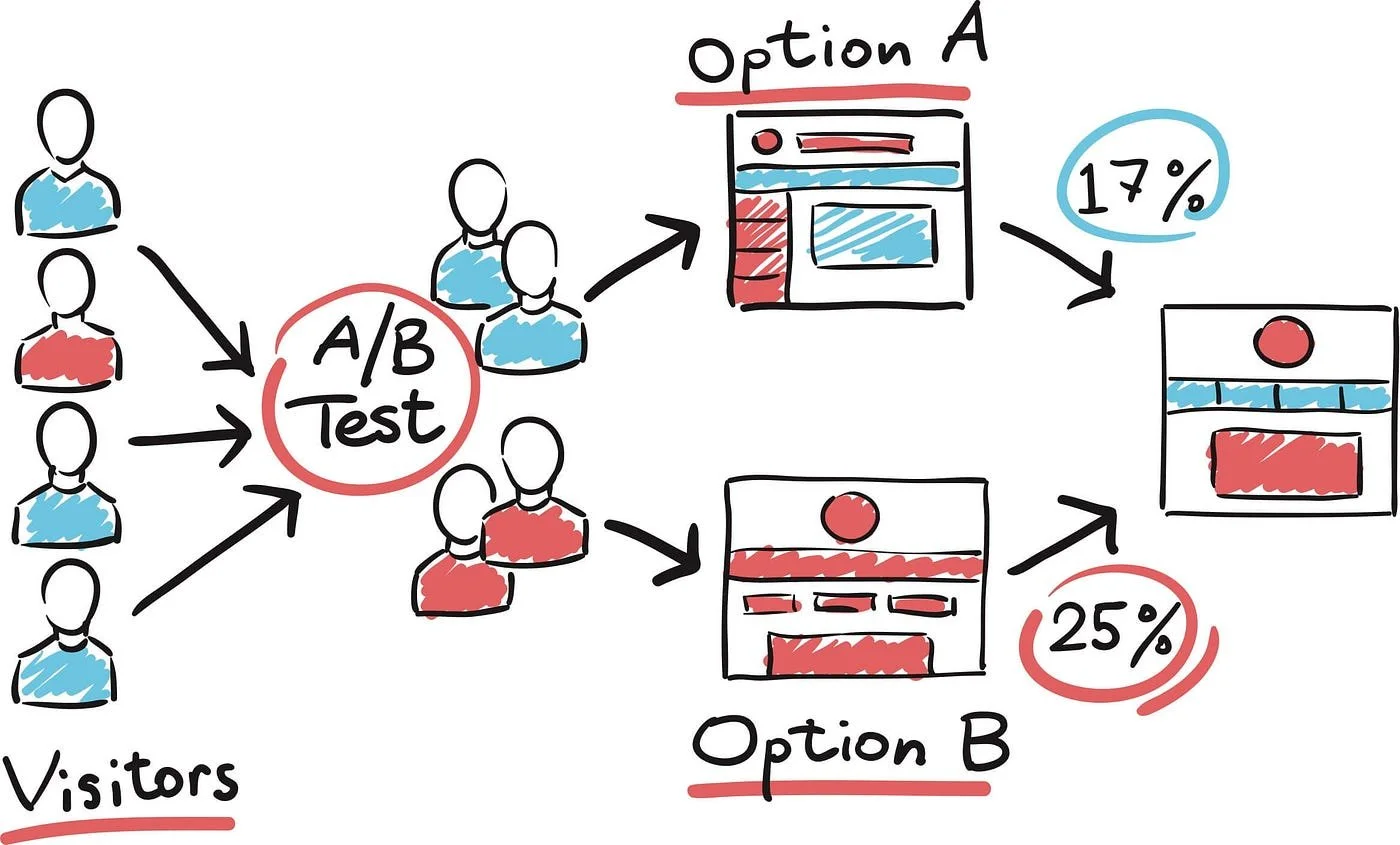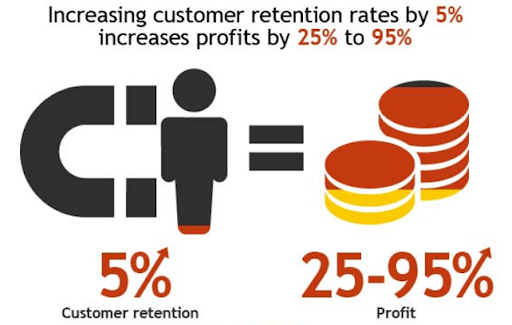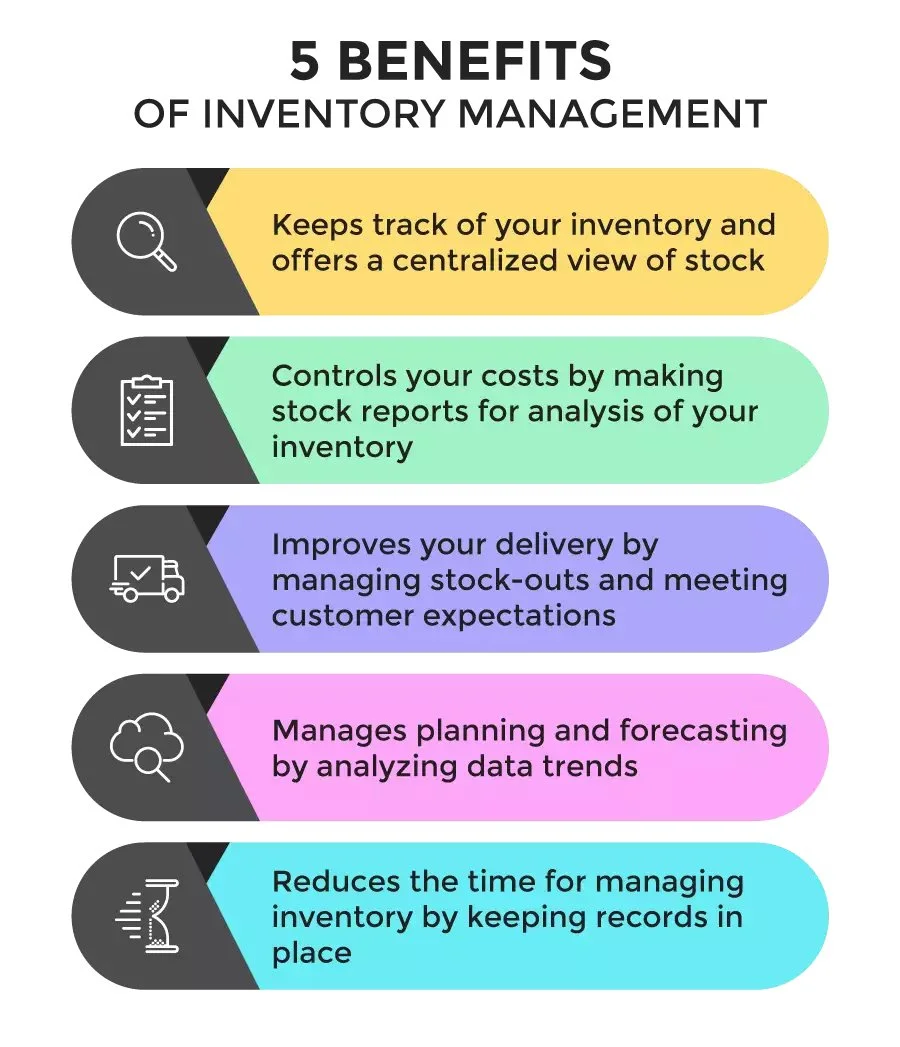How to Leverage Data-Driven Strategies to Boost Your E-Commerce Sales
In today’s competitive e-commerce landscape, data is one of the most powerful tools that small and medium-sized businesses (SMBs) can leverage to drive sales and grow sustainably. While large corporations have entire teams dedicated to analyzing data, SMBs can also benefit from data-driven strategies without needing massive resources. By understanding and applying data effectively, you can make smarter decisions, enhance customer experiences, and ultimately, increase your revenue.
A 2020 study by McKinsey found that companies that use data-driven marketing are 23 times more likely to acquire customers, making it essential for any e-commerce business aiming for long-term growth. Here are five ways your business can use data-driven strategies to boost e-commerce sales.
1. Understand Your Customer with Data
The foundation of any successful e-commerce business is knowing your customers. Data can help you gain insights into who your customers are, their preferences, and their purchasing behaviors. Tools like Google Analytics, e-commerce platforms (such as Shopify or WooCommerce), and CRM systems provide invaluable information about your audience, including:
Demographics: Age, gender, location, and interests.
Behavior: How customers navigate your website, which products they view, and where they drop off.
Purchasing Patterns: Average order value, frequency of purchases, and preferred payment methods.
A study by Epsilon showed that 80% of consumers are more likely to make a purchase when brands offer personalized experiences. By analyzing this data, you can segment your audience and create personalized marketing campaigns that speak directly to your customers’ needs and desires, ultimately driving higher engagement and conversion rates.
2. Optimize Product Listings Using Data Insights
Your product listings are one of the most critical elements of your e-commerce store. Optimizing them based on data can significantly increase your conversion rates. Data-driven A/B testing allows you to experiment with different versions of product titles, descriptions, images, and even pricing to see what resonates most with your customers.
For instance:
Images: Test different product photos to see which ones drive more clicks and conversions.
Descriptions: Experiment with long vs. short descriptions or different tones of voice to discover which is more effective.
Pricing: Adjust pricing or offer discounts and track the impact on conversion rates.
These optimizations are crucial because companies that rely on data-driven decision-making are 6% more profitable than those that don’t, according to MIT Sloan Management Review. By leveraging insights from these tests, you can refine your product listings to better meet customer expectations and increase your overall sales.
3. Personalize Marketing Campaigns for Better Results
One-size-fits-all marketing is no longer effective in today’s market. Data allows you to tailor your marketing efforts to specific segments of your audience, increasing the likelihood that your message will resonate and lead to conversions.
Email marketing is a perfect example of this. By segmenting your email list based on customer behavior, preferences, or past purchases, you can send targeted messages that are more likely to result in a sale. A study from Salesforce found that personalized emails deliver six times higher transaction rates.
Tools like email automation platforms enable you to create dynamic, personalized campaigns that adapt based on the customer’s journey. For instance, if a customer abandoned their cart, sending a personalized reminder email with a discount code can bring them back to complete the purchase.
4. Use Data to Improve Customer Retention
Acquiring new customers is important, but retaining existing ones is crucial for sustainable growth. Research from Harvard Business Review shows that acquiring a new customer can cost five to 25 times more than retaining an existing one. Data can help you understand customer behavior and preferences, allowing you to implement strategies that keep customers coming back.
By tracking metrics such as repeat purchase rates, customer lifetime value, and churn rates, you can identify opportunities to improve retention. For example, you can use data to set up loyalty programs or retarget customers with personalized offers based on their past purchases.
Retaining customers not only increases their lifetime value but also turns them into brand advocates who refer new customers to your business. In fact, Bain & Company found that increasing customer retention rates by just 5% can increase profits by 25% to 95%.
5. Make Informed Decisions on Inventory Management
Inventory management is a challenge for many SMBs, but data can simplify it. By analyzing sales data and customer trends, you can make more accurate forecasts about which products will be in demand and when. This prevents stockouts, which can lead to lost sales, and reduces the risk of overstocking, which ties up valuable capital.
A report by Stitch Labs found that businesses that use data-driven inventory management can reduce inventory costs by up to 30%. Data can also help you identify underperforming products, enabling you to adjust your marketing efforts or phase them out in favor of more popular items.
Efficient inventory management ensures you’re always prepared to meet customer demand while maximizing profitability.
Conclusion
Data-driven strategies aren’t just for big businesses; they are essential tools for small and medium-sized businesses looking to grow in a competitive market. By leveraging customer insights, optimizing product listings, personalizing marketing campaigns, improving retention, and managing inventory more effectively, you can drive significant improvements in your e-commerce sales.
At HypedShop, we specialize in helping businesses implement these data-driven strategies to achieve measurable success. If you’re ready to take your e-commerce business to the next level, contact us today for tailored solutions designed to fit your unique needs.





